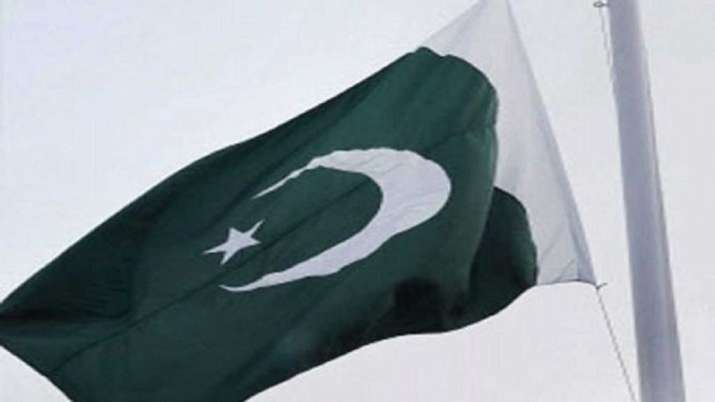
Pakistan government hikes fuel prices by up to 29 percent
Highlight
- The new prices came into effect from Wednesday midnight and saw a steep hike of Rs 24 per liter
- The latest hike comes on top of an already Rs 60 hike in petroleum prices since May 25
- Prime Minister Sharif on Thursday defended the decision, saying the government was left with “no option”.
Pakistan’s government has raised fuel prices by up to 29 percent by removing fuel subsidies in an effort to reduce the fiscal deficit and garnered significant support from the IMF for a cash-starved economy. This is the third cut in fuel subsidy in nearly 20 days by the government led by Prime Minister Shahbaz Sharif.
The new prices came into effect from Wednesday midnight and saw a massive hike in the prices of petrol by Rs 24 per liter and high-speed diesel (HSD) by Rs 59.16 per liter – two products directly or indirectly used by all, finance Minister Mifta Ismail said.
The latest hike comes on top of an already Rs 60 hike in petroleum prices since May 25. The price of new petrol has been fixed at Rs 233.89 per liter, HSD Rs 263.31 per liter and kerosene at Rs 211.47 per litre.
He said that the prices of all the products have now been brought down to their purchase price and the element of claiming subsidy or price difference has been done away with. “No more government losses on the sale of petroleum products,” he said, hoping to conclude an agreement with the International Monetary Fund to revive debt support.
Prime Minister Sharif on Thursday defended the unpopular moves, saying the government was left with “no choice” because of “the worst deal-makers ever” with the IMF.
Finance Minister Ismail also blamed the previous Imran Khan government for a faulty deal with the IMF, which had forced oil prices to rise to put the economy on the right track.
“If we do not increase oil prices, the country may face a default,” he said, acknowledging that the middle class would suffer from the hike in petrol prices.
Following the new prices, the government finally scrapped all subsidies on petroleum, a key demand by the IMF to reinstate the USD 6 billion aid package signed in 2019.
However, the IMF was not happy with some of the other measures announced in the budget on June 10, including those about giving tax relief to the salaried people.
Dawn newspaper quoted official sources as saying that the government has decided in principle to reverse the huge tax relief given to the salaried class.
According to the official, the revised tax slabs and other proposals have been submitted to the IMF. “Technical level talks will start in the next few days,” the official said. He added that they will “try to protect the salaried class falling in the lower slab”.
The IMF representative in Islamabad also confirmed that they were “discussing with the authorities … to get more clarity on certain revenue and expenditure items”.
“We look forward to presenting the draft budget to the National Assembly last Friday,” said IMF Resident Representative Esther Perez Ruiz, in response to written questions shared by Dawn. However, he added that according to preliminary IMF estimates, additional measures would be needed to strengthen the budget and bring it in line with key program objectives.
“Fund staff stands ready to continue supporting the efforts of the authorities in this regard and, more generally, in the implementation of policies to promote macroeconomic stability,” she said.
In the budget, the government unexpectedly lowered the maximum tax rate to 32.5 percent from 35 percent in terms of tax rates for high-paid individuals. The number of slabs has also been reduced from 12 to seven in the proposed budget.
Read also: Drink less tea, save money: Retaliation on Pak government’s plea amid economic crisis